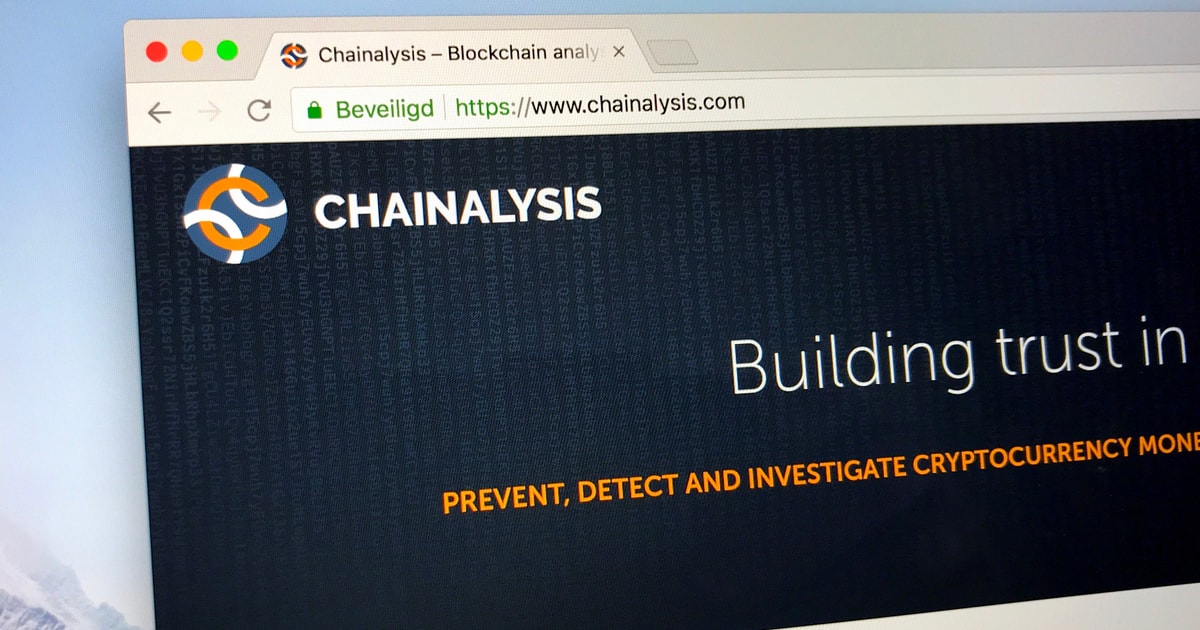Rongchai Wang
Nov 18, 2025 12:21
Brazil introduces a comprehensive crypto regulatory framework, enhancing legal certainty and security, and aligning with global standards. The framework impacts both local and international crypto firms.
Brazil is making significant strides in regulating the cryptocurrency sector by introducing a comprehensive new framework. This move aims to provide legal certainty and integrate crypto activities into the financial sector, according to Chainalysis. The framework sets a tight deadline for compliance by February 2026, with a nine-month grace period, urging firms to adapt swiftly.
Details of the New Framework
The Banco Central do Brasil (BCB) has operationalized the 2022 Virtual Assets Law through three resolutions, maintaining its role as the primary regulator alongside the Brazilian Securities Commission (CVM) for securities-like tokens. The resolutions, numbered 519, 520, and 521, establish a framework requiring firms to obtain authorization as Sociedades Prestadoras de Serviços de Ativos Virtuais (SPSAVs). This applies to both domestic and international firms, mandating a local presence or partnership with a licensed entity.
Key Compliance Requirements
To secure authorization, firms must adhere to stringent requirements, including anti-money laundering measures, public transparency, and meeting capital thresholds between R$10.8 million and R$37.2 million. Additional mandates involve governance, data protection, and third-party agreements, all under the supervision of the BCB.
Impact on Cross-Border Transactions
The new regulations also address cross-border virtual asset transfers, capturing stablecoins under foreign exchange rules. This change ensures that activities such as international payments and transfers involving virtual assets are regulated, with requirements for client identification and transaction monitoring.
Cybersecurity and Risk Management
Given the historical exposure to cyber threats, the framework emphasizes cybersecurity, requiring firms to implement identity management and incident response plans. The BCB also mandates rigorous testing and monitoring of smart contracts, aiming to prevent vulnerabilities.
Regional and Global Implications
This regulatory shift is expected to bolster Brazil’s position as a leader in Latin America’s crypto market, aligning with global standards like MiCA. The framework could increase institutional confidence and participation, though it may also pose challenges for smaller firms due to heightened entry barriers.
Future Developments
Brazil’s regulatory landscape is poised for further evolution, with potential new rules on prudential capital for firms exposed to digital assets. The framework’s comprehensive approach reflects a growing recognition of the importance of oversight in mitigating illicit activities and fostering sector growth.
Image source: Shutterstock
